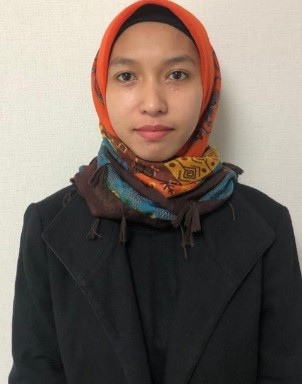The 6th The International Academic Forum (IAFOR) Conference on Education (Hawaii)
The 6th IAFOR International Conference on Education – Hawaii (IICEHawaii2021)
January 06-10, 2021 | Held online from Honolulu, Hawaii, USA
I attended The IAFOR International Conference on Education Hawaii from 6-10 January 2021. These conferences were held online from Honolulu, Hawaii, USA. The IAFOR conference brought together delegates from many different national, cultural, and linguistic backgrounds to Honolulu, Hawaii, to present new research and exchange ideas. IAFOR's education conferences were organized in partnership with some of the world’s most prestigious universities and schools of education.
I presented my research entitled” Construct Validity and Reliability Testing the Concept of Disaster Resilient Education in Inclusive Primary Schools” and got essential comments from reviewers and participants. The first reviewer said that this is a timely study. However, the author/s should also provide the background theoretical constructs and indicators of disaster-resilient education models. The second reviewer said that it would be helpful to include background information of the study and implications drawn from the results. Such information helps the audience to understand the study better. The topic addressed in this study is very interesting. Disaster resilience education has been widely recognized in our global world. It helps not only children but also adults to reduce risk and strengthen resilience. Therefore, examining its mechanism is critical. The study deserves a constructive discussion.
This study aims to test the validity and reliability of variable constructs and indicators of disaster-resilient education models in inclusive primary schools, determine the contribution of aspects and indicators in measuring variables, and confirm the hypothesized model. This study's population were all teachers and principals in inclusive primary schools, with a total sample of 113 people. Samples were taken using a non-probability sampling technique carried out by convenience sampling. Data analysis was performed using the Linear Structural Model. The analysis results show that the aspects of the identification of children with special needs, accessibility, meaningful participation, non-discrimination, strategy and method supporting children with special needs, collaboration, and networking can reflect positive, valid, and significant variables supported by the respective behavioral indicators. The theoretical model of disaster-resilient education variables in inclusive primary schools is fit with empirical data. The most dominant aspect that reflects the disaster-resilient education model in inclusive primary schools is identifying children with special needs, and the weakest aspect is collaboration and networking.

 Home
Home





